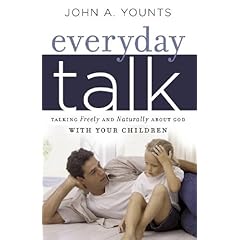
When Jonathan Edwards (1703-1758) was a young man he wrote several resolutions that by God's help he would seek to keep for the glory of God. Since I have been preaching on the tongue (from Ephesians 4:29) I thought I would post his resolutions that relate to the tongue: (obviously we talk a bit different than from the 18th Century)
16.Resolved, never to speak evil of anyone, so that it shall tend to his dishonor, more or less, upon no account except for some real good.
31. Resolved, never to say anything at all against anybody, but when it is perfectly agreeable to the highest degree of Christian honor, and of love to mankind, agreeable to the lowest humility, and sense of my own faults and failings, and agreeable to the golden rule; often, when I have said anything against anyone, to bring it to, and try it strictly by the test of this Resolution.
34. Resolved, in narration's never to speak anything but the pure and simple verity.
36. Resolved, never to speak evil of any, except I have some particular good call for it. Dec. 19, 1722.
70. Let there be something of benevolence, in all that I speak.
